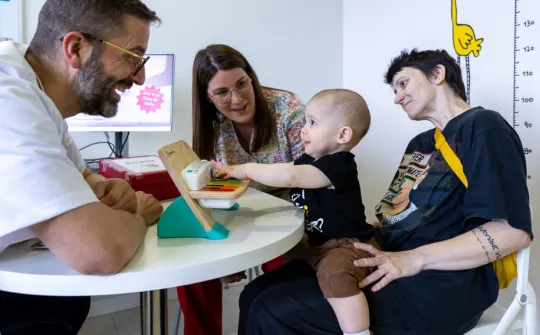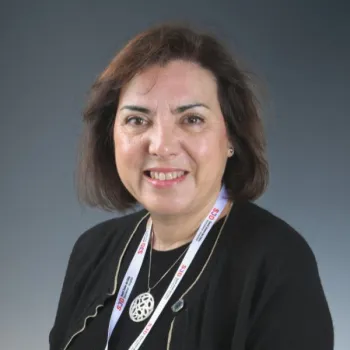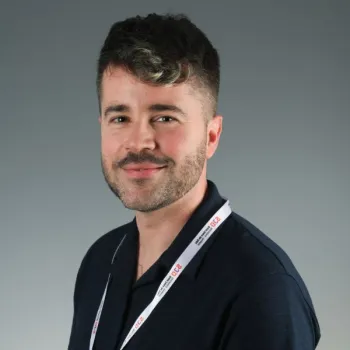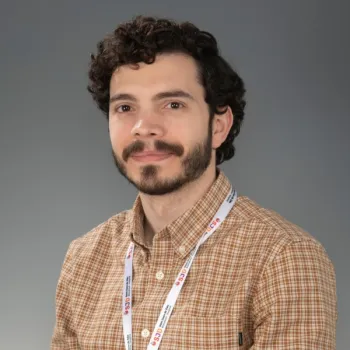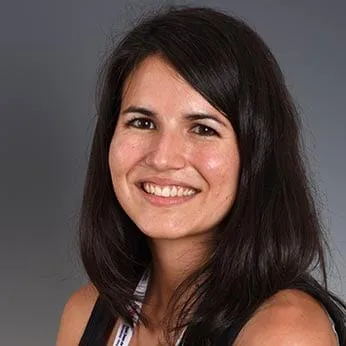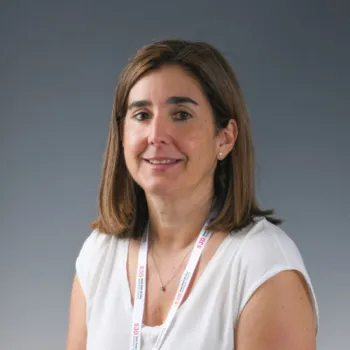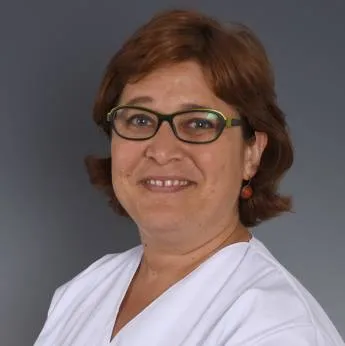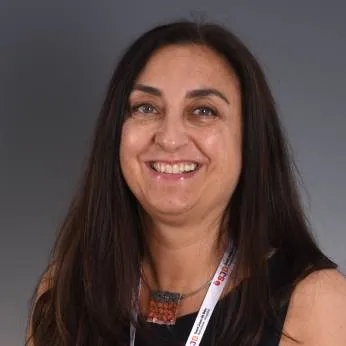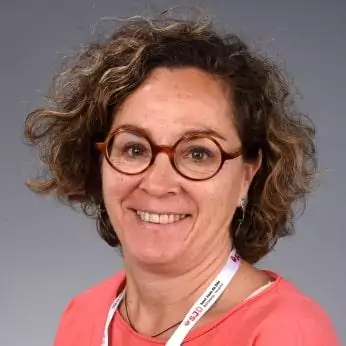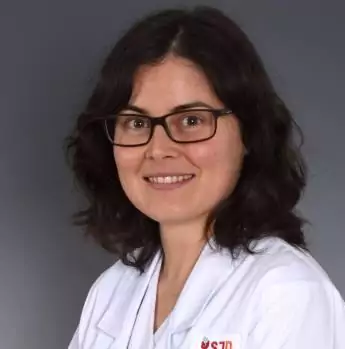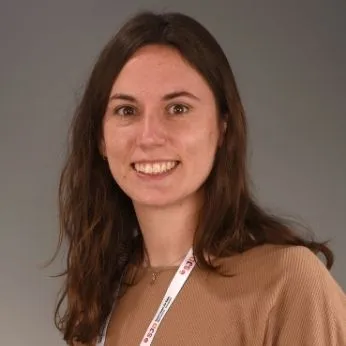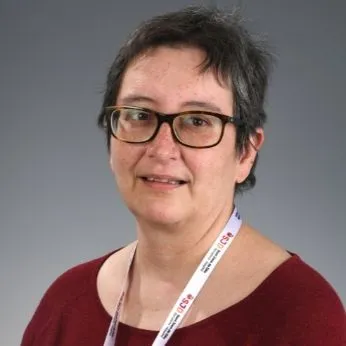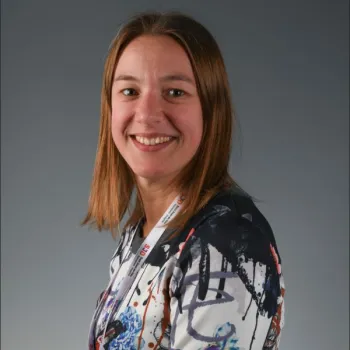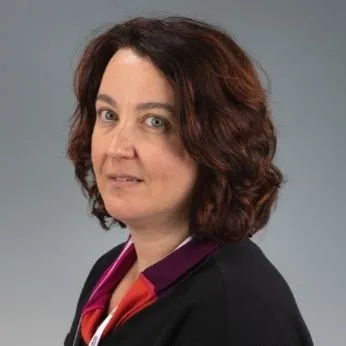
We conduct genetic and genomic testing to provide diagnoses and genetic counselling to our patients.
The Genetics and Molecular Medicine Department at the SJD Barcelona Children's Hospital focuses its activity on genetic diseases of childhood and adolescence.
We receive requests and queries from all other hospital departments. We have a close scientific collaboration agreement with the following departments:Neurology, Neonatology, and Perinatology and Obstetrics (BCNatal). This is because our department carries out the testing needed during prenatal and reproductive genetic diagnostics.
We work in close collaboration with the Pediatric Institute of Rare Diseases (IPER) and are part of the group of diagnostic labs at the SJD.
We conduct genetic and genomic analysis for both diagnostics and also genetic counselling for our patients, but also for our researchers.
Accreditations
We are part of ERN-Ithaca, the European Reference Network for Rare Malformation Syndromes, Intellectual and Other Neurodevelopmental Disorders.
Likewise, we are also one of the three members of the first Network of Units of Clinical Expertise (XUEC) in rare diseases, created by the Catalan Health Service.
Why the SJD Barcelona Children's Hospital?
Our goal is to be able to offer all patients, families and staff members access to studies of the genome and their genes, allowing for diagnosis of genetic diseases and also genetic screening and counselling. This allows them to learn their risk of suffering from a monogenic hereditary disease (where only one gene is involved), congenital abnormalities, intellectual disability, metabolic disorders, chromosomal or genomic rearrangement.
We offer a genetic consultations clinic where we assess children with dysmorphological disorders and issues.
The most advanced technology
We have a clinical genetic consultation, in which we evaluate children with dysmorphic conditions, and genetic counselling.
We use advanced technology to identify the genetic variants in patients' genomes involved in the disease being treated. It is essential to offer personalised treatment. This technology allows us to detect any variants related to heredity and therefore determine susceptibility to a disease. This enables risk elimination, disease prevention or early diagnosis.
We host a genetic counselling clinic, where we can assess and evaluate the genetic risks of each member of the family, and inform them of the results.
We offer genetic counselling
We have a clinical genetic consultation, in which we inform, advise and assess risks for family members
We know that making information on hereditary diseases available affects families emotionally, which is why we rely on specific genetic counselling to assess and address the effects this has.
We are in touch with professionals at other facilities both in Spain and abroad, and we are active participants in several research projects.
We cooperate and do research with international centres
We are in touch with professionals from other national and international centres, and we actively take part in different research projects.
Our physicians and investigators belong to the U703 and U732 units of the CIBER on Rare Diseases (CIBERER); the TREAT-CMT study of Charcot-Marie-Tooth disease, funded by Instituto de Salud Carlos III within the IRDiRC's international framework; and the EFACTS study of Friedreich's ataxia, funded by the European Commission's 7th Framework Programme, amongst others.
‘We combine the genome and genetic into the healthcare provision for children and adolescents, and also so we can understand how each of them became sick in the first place.’
Specialties
The Molecular and Genetic Medicine Department offers clinical genetic screenings, in which we assess children with developmental and dysmorphological disorders, as well as a genetic consultation service, in which we inform of, advise on and evaluate family member risk, helping them with whatever they need.
In our labs, we analyse the structure and sequence of the genome, chromosomes and genes to find genetic variants that can cause genetic disorders and rare diseases.
Clinical genetics
- Clinical genetics and dysmorphology: Providing medical attention to children and adolescents with genetic, congenital or developmental clinical disorders.
- Developmental neurogenetics: Comprehensive management of disorders and syndromes with neurological involvement affecting patient development.
- Genetic consulting: Information and support for patients with genetic diseases and disorders and their families, both pre-conception and in pre- and postnatal periods.
Genetics laboratory
- Clinical and hematological cytogenetics: Studying both chromosomal abnormalities in developmental syndromes and also malignant hemopathies, such as various types of leukemia.
- Molecular cytogenetics: Studying genome disorders (microdeletions, microduplications).
- Clinical genomics: Genomic diagnostics platform that uses NGS, allowing for analysis of the human exome and genome.
- Molecular genetics: Analysis of genes related to specific genetic diseases.
- Bioinformatics Unit: Analysis of genomic data and design of information management processes for genome sequencing.
Confocal microscopy and cellular imaging platform
This platform offers advanced optical microscopy services for diagnostics, with the aim of exploring innovative ways to use the high-resolution confocal microscope in the field of cellular diagnostics.
Team
Head of the Genetics Area
Clinical team
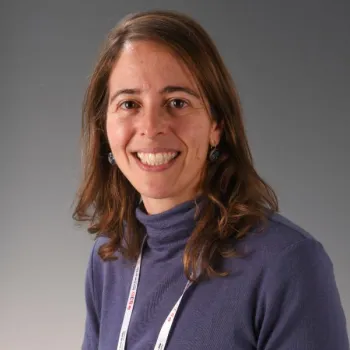

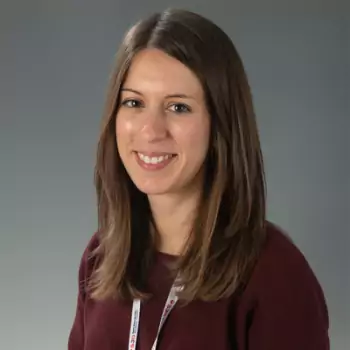
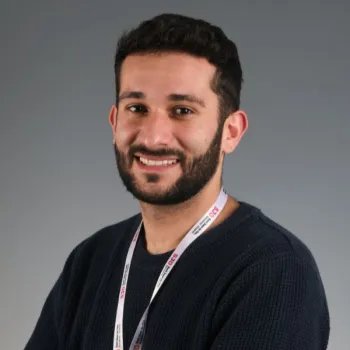
Laboratory team

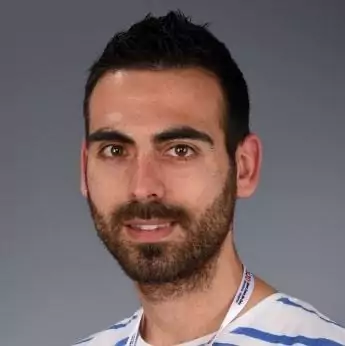
Confocal microscopy
Research
The Genetics and Molecular Medicine Department (SMGM) is involved in scientific activity at the SJD Barcelona Children's Hospital and the SJD Research Institute (IRSJD). Through the clinical and laboratory activity at the SMGM, we carry out research into genetic and metabolic diseases.
Biomedical research projects
Staff in the department work on biomedical research projects funded by competitive public and private bodies (Carlos III Health Institute, CIBERER).
CIBERER Research groups
We are part of two CIBER research groups on Rare Diseases: U703, led by Rafael Artuch (alongside Jaume Campistol).
Teaching
The SJD Barcelona Children's Hospital is a university hospital affiliated with the University of Barcelona. We share our knowledge and train professionals so that they can go on to specialise in high-complexity medicine.
Specialised training for internal medical residents (MIR/FIR)
Members of the department play an active role in undergraduate and postgraduate teaching at the University of Barcelona. Standing out among these activities, is the teaching on the Pediatrics modules on the Degree in Medicine, in the Pediatrics MIR and the Clinical Biochemistry FIR.
Master's in Neuropediatrics
We are involved in the theoretical and practical programme for Neuropediatrics, aimed at those holding a degree in Medicine and Surgery. Specialists in Pediatrics and Neurology.
- Directed by: Dr Carme Fons Estupiña
- Number of credits: 120 ECTS
- Duration: 2 years
